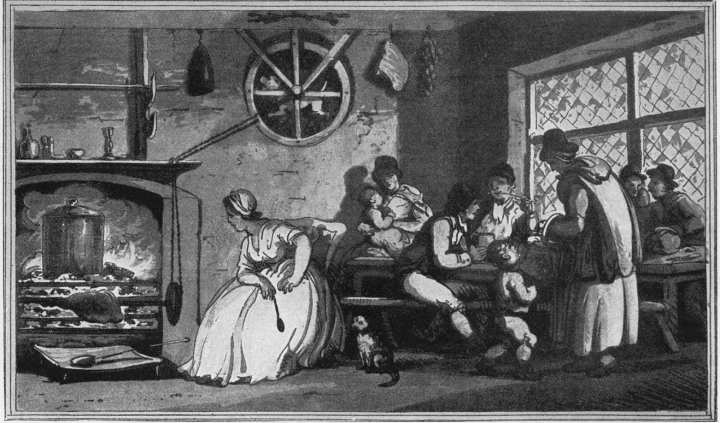 |
| A college dinner at Hertford (2009 |
“My next Receipt is to make an Head of an House. But of these there are Two Sorts, the G-----r Kind and the Dobson Kind.
To make up the Latter,
To make up the Latter,
Recipe an Old Heavy Country Parson, extract all Remains of common Sense, and common Honesty, and then put in Gravity, Formality, Hypocrisy and Pretended Conscience, of each a Large Quantity."
And...
“To make One of the other Kind, instead of a Country Parson, take a Plotting, Intriguing, rakish, Drinking, Whoring, Fellow of a College. Distil him down to a Rigid Disciplinarian; then prepare him after the foregoing manner. But add to the Composition, of Pride, Ambition, Knavery, Envy, Malice, and Revenge, of each a Large Handful."
What have we here? Turns out the author was Nicholas Amhurst, a polemical pamphleteer who, after being expelled from Oxford in the early 18th century, spent the rest of his life trying to smear his alma mater with a treasonous, Jacobite label. (Most of the good stuff was published in Terae Filius: A Secret History of Oxford.) But these little receipts reminded me of the puzzling Bill of Fare for King George II's Christmas dinner, which I posted about two months ago. Why are so many pieces of 18th century satire styled in the language of the edible? Are satirists using the genres of the "receipt" and the "bill of fare" simply because they were so current in the contemporary cultural imagination? (Cookbook publications sky-rocketed throughout the 18th century.) Or do these things, I wonder, tell us anything about how cookery was perceived itself?











